For more than 50 years, the Baja California Peninsula, jutting out along Mexico’s west coast, has been synonymous with tortuous, long-distance off-road racing for specialised two- and four-wheel machines.
And later this month, Ford’s Australian designed and developed Ranger Raptor will take on the 2022 event.
Powered by low-carbon biofuel, the competition truck has been built by Ford Performance in collaboration with Supercars racing specialist Kelly Racing, and will be campaigned by Lovell Racing, led by multiple off-road racing champion, Brad Lovell.
Lovell has won North American championships in short course, Ultra 4, and rock racing, and recorded victories in desert racing and hill climb events.
And Ford is positioning participation in the event’s stock truck class as an extension of its pre-production Ranger Raptor testing, much of which was carried out in tough Australian outback conditions.
Ford Performance Off-Road Motorsports Supervisor, Brian Novak said, “By entering this event, we’re building on the hundreds of thousands of kilometres of development testing and pushing the Ranger Raptor to new extremes.”
The 2022 Baja 1000’s stock class course is a 1333km single loop starting in Ensenada on the west coast, traversing the desert, forest and mountainous terrain along the peninsula before returning to the same point five days later.
Although the Baja 1000 highlight reel tends to be dominated by full-throttle blasts through dry, open terrain and ‘big air’ jumps, there are also tricky, technical sections including up and downhill rock crawls at less than 10km/h.
No two turns are the same, with elevation changing constantly and the surface alternating between paved sections, dirt, sand, and even fine silt.
.jpg)
Ford has a long history at the Baja 1000 event, with specialised trophy trucks taking overall honours multiple times. But close to showroom standard versions of the F-150 Raptor and Ford Bronco have also enjoyed success at Baja.
A particular highlight was a stock 2017 F-150 Raptor finishing on the overall podium (before driving an additional 600-plus kilometres home!). And the Bronco R race prototype’s run was part of the development and verification of the current production Bronco.
The Ranger Raptor will be powered by a Shell low-carbon biofuel blend which consists of more than 30 per cent sustainably sourced bio components.
Ford’s Global Director of Sustainability, Compliance and Homologation, Cynthia Williams says, “Demonstrating low-carbon fuels in performance settings like the Baja 1000 can help bring biofuels and other clean energy technologies to scale more quickly, and help to make them more available and affordable for everyone.”
.jpg)
Ford has committed to carbon neutrality globally across its vehicles, operations and supply chain no later than 2050, and to reach science-based interim targets by 2035.
And in parallel with its focus on new electrified and pure EV models the company says it continues to research and develop alternative fuel options across all its vehicles, including performance racing.
Ford says alternative fuel vehicles can reduce greenhouse gas emissions compared to conventional fuel equivalents on a “well-to-wheels” basis, which includes emissions from producing and consuming the fuels.
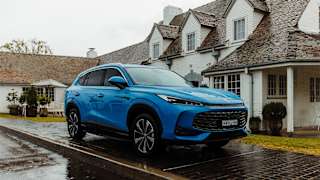
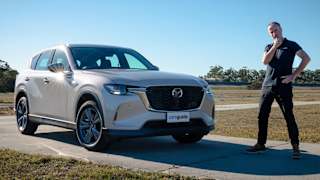
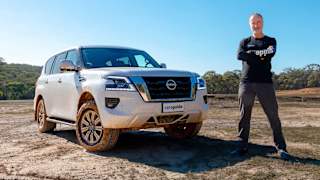
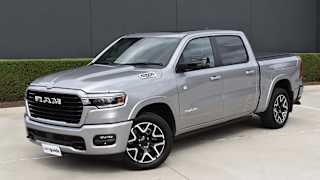
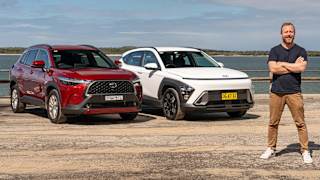

_0.jpg)

.jpg)
.jpg)




_0.jpg)
.jpg)


.jpg)
.jpg)
.jpg)
.jpg)
.jpg)
.jpg)
.jpg)
.jpg)


